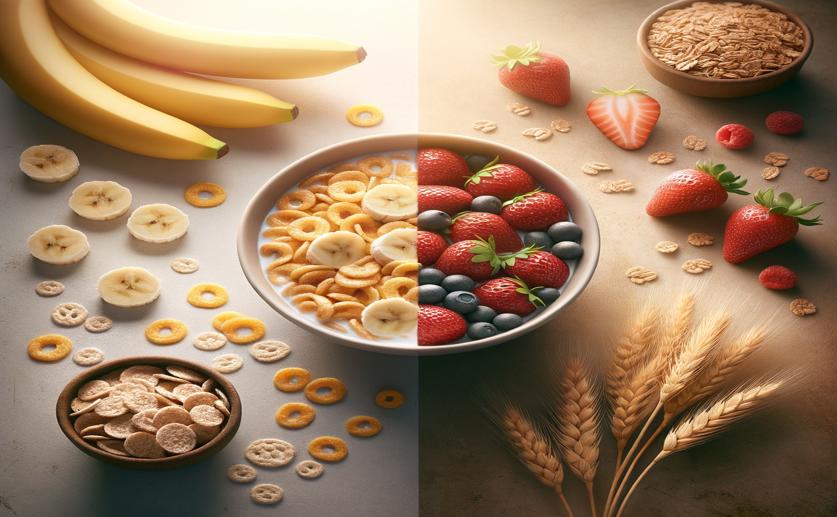
Comparing FODMAP Levels in Gluten-Free vs. Regular Cereals
Greg Howard
22nd April, 2024

Image Source: Natural Science News, 2024
Key Findings
- In Spain, gluten-free (GF) foods often have fewer FODMAPs than gluten-containing foods
- Lower FODMAP levels in GF foods may help people with IBS manage symptoms
- Not all GF products are low in FODMAPs; individual dietary needs vary
References
Main Study
1) FODMAP Content Like-by-like Comparison in Spanish Gluten-free and Gluten-containing Cereal-based Products
Published 20th April, 2024
https://doi.org/10.1007/s11130-024-01177-8
Related Studies
2) FODMAPs: food composition, defining cutoff values and international application.
3) Considering histamine in functional gastrointestinal disorders.
4) Review article: biological mechanisms for symptom causation by individual FODMAP subgroups - the case for a more personalised approach to dietary restriction.
5) The Role of the FODMAP Diet in IBS.



 14th April, 2024 | Jenn Hoskins
14th April, 2024 | Jenn Hoskins